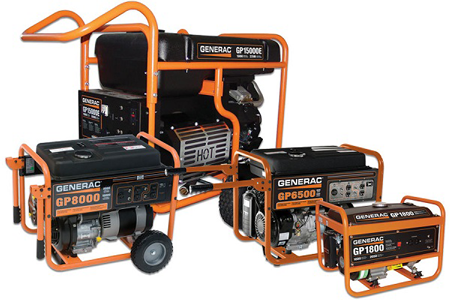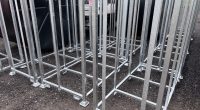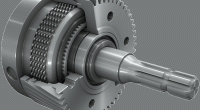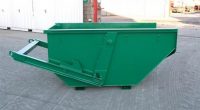Portable Generators – How Important Is To Choose The Right One

Generator is a type of device used for producing electricity from a separate fuel source. Simply said, these machines represent a second power source and find their use in numerous applications. For example, hospitals almost always use a backup generator to ensure every machine is running at all times. Also, majority of industrial-related facilities rely on generators where the working process cannot be stopped or paused due to the lack of power. For such applications more powerful industrial generators are used. For less demanding applications, top choice are portable generators.
Portable generators, although most commonly used for camping and in households, are also a common piece of tool found on construction job sites. Of course, depending on the application and in order to match your needs, it is important to choose the right model. Portable generators mostly differ in several characteristics: maximum ac output, rated ac output, generator’s surge output.
The first step to take before purchasing a portable generator is to determine your power needs. If you are not able to determine specifically the power requirements of the device that will be running using the portable generator, refer to the manufacturer’s manual. Also, take a look at our guide below.
- Identify the wattage requirements – It is of great importance to identify the wattage requirements of the devices that will be powered. If the power requirements are given in amps, multiply amps and volts to get the right power requirement (Amps x Volts = Watts).
- Sum up the required watts – It is a common situation where multiple devices need to be powered by one portable generator simultaneously. In this case you have to calculate the total amount of power needed for powering more than one devices at once. The total watts you’ll derive will help you determine the type of generator you need.
When it comes to choosing a portable generator, most people focus on the power output and quality, but there are other important factors that need to be considered, such as: the noise level, size and portability, fuel efficiency and run times.
- Noise level – The level of nose is measured in dBA. Portable generators that are rated below 75dBA are considered fairy quiet and can even be used for indoor applications.
- Size and portability – If you plan to use the generator on more than one job sites, choose a smaller portable model. Otherwise, larger portable generator is a better option.
- Starting Mechanism – There are two ways portable generators can be started: recoil start and electric start. Recoil start is similar to starting a gas lawn mower while electric start includes turning a switch or a key to start the engine.
If you take all the above features into consideration, you’ll surely get the right portable generator for your needs.



